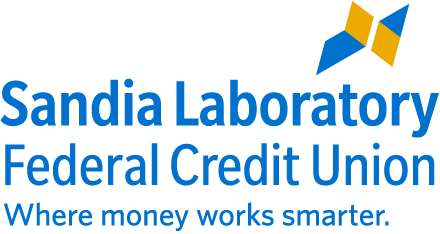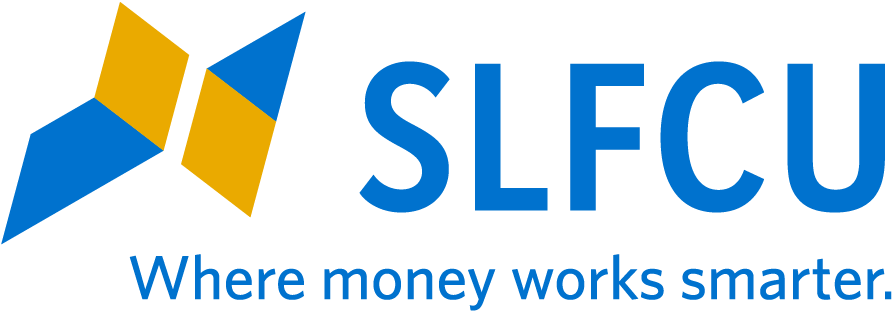Credit Card Basics
Six Things to Know Before You Swipe, Tap, or Click
Credit cards can be handy, and building up your credit history can help you make big decisions down the road, such as purchasing a car or home. They can be used worldwide and are often easier and safer than carrying cash. It’s important to understand how credit works, and to use your credit card wisely. Following are six things to know.
A CREDIT CARD BALANCE IS A LOAN
When you buy something using a credit card, you are asking the credit card issuer to pay for that purchase on your behalf and agreeing to pay back the issuer later. Depending on how long you delay repaying the full amount, you also may need to pay interest. Credit cards are considered a form of “revolving credit” – you can borrow and repay over and over again.
YOUR CREDIT LIMIT
Credit cards typically have a limit – the maximum amount of money you can borrow. If you have good credit history, you may qualify for a card with a high limit. You are not required to borrow the maximum amount. Maxing out your credit card could have a negative impact on your score, actually – a good goal is to use some of your credit but not all of it.
BUILDING GOOD CREDIT HISTORY
Credit scores are generated based on your use of credit, including your history of repayment. If you are late making a payment, you could be charged a fee, and your credit score could drop. Over time, making regular, on-time payments can have a positive effect on your credit score.
PAYING YOUR BILL
Each month you will receive a statement showing charges on your credit card and how much money you owe. You can choose to make the minimum payment, pay the bill in full, or pay some amount in between that fits your budget.
You can set up automatic payments to help control how much or how often you pay on your card and also avoid making a late payment and being assessed a late fee. The more debt you keep on your card and/or the longer it takes to pay it off, the more you will pay in interest.
UNDERSTANDING INTEREST ON YOUR CARD
If you plan to pay off your credit card statement in full every month, you will not have to pay interest. You only pay interest when you carry a balance from month to month, and interest is only charged based on the unpaid balance.
SLFCU’s Credit Card Payoff calculator can help you understand how interest impacts the total amount you would pay on your balance.
READ THE TERMS AND CONDITIONS
Every credit card has terms and conditions for you to review before you agree to get the card. Be sure to review them so you understand what rate you will pay, if there will be any fees, and whether there are any additional benefits like cash back on purchases. Learn more at slfcu.org/CreditCards, visit any branch, or call 505.293.0500 or 800.947.5328.
« Return to "View All Articles"


